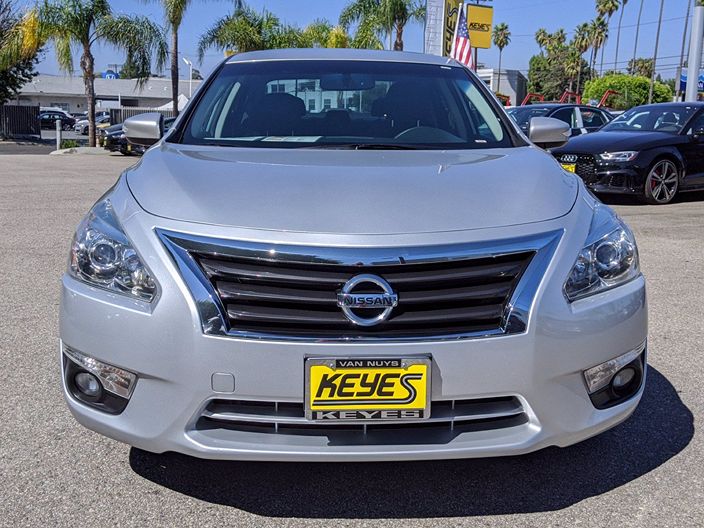You are far from alone if you are trying to buy a used car. Almost 40 million used vehicles change hands each year between private-party and dealership sales. With so many options, it can be a struggle to find the best car for you. So this article has included a list of measures to help make it a breeze to find and buy your dream used car.
How many cars can you afford?
A rule of thumb: Your car payment should not be more than 20 percent of your take-home pay if you take out a loan to pay for your car. You may want to spend even less if you stick to a strict budget. From time to time, used cars would need a bit of extra attention: fresh tires, repairs, and the like. And then there are the other ownership expenses, such as gasoline and insurance, that shoppers often fail to pay for.
Create a list of used vehicles to aim for.
That the Honda Accord and the Toyota Camry make decent used cars is no mystery. But, while these are both excellent vehicles, they could cost a few thousand more than a comparable Ford Fusion or Kia Optima. So, consider more than one brand if you are trying to save money. We recommend that you make a list of three cars that fulfill your requirements and fall within your budget.
Verify the vehicle rates.
Prices are partially influenced by where you are shopping. You will find used cars in new car dealerships’ used-car stores, independent used car lots, used-car retailers such as the ones from cars for sale in fresno, and websites where private-party vendors classify their vehicles.

Locate used cars in your area for sale.
Visiting a used car inventory page is a straightforward place to start building your goal list. You can filter the quest for several variables to find precisely the car you want, including the miles on the odometer of the vehicle, its price and features, and the distance of the dealer from you. To save time, use the websites for other used-car markets listed.
Check a report on vehicle history.
Planning to get an automobile history report unless you purchase the car from a close friend or family member can vouch for its history. It is essential to take this early step. If there is a poor background record for the car you are looking at, the earlier you know, the better. These reports are provided for free by most big dealers if they have the vehicle in their inventory.
Get all the necessary paperwork done.
If you are at a dealership, the finance and insurance office will sign the contract. Other things such as a guarantee, anti-theft equipment, prepaid service plans, or fabric security would possibly be provided to you.
Some people like the peace of mind that comes with extended warranties, so whether the car is either under the manufacturer’s warranty or is a CPO vehicle, this is something you may want to consider. Comprehensively study the dealership sales contract. It lists the cost of the car in most states, a charge for documentation, probably a small fee for a smog certificate, sales tax, and license fees.


